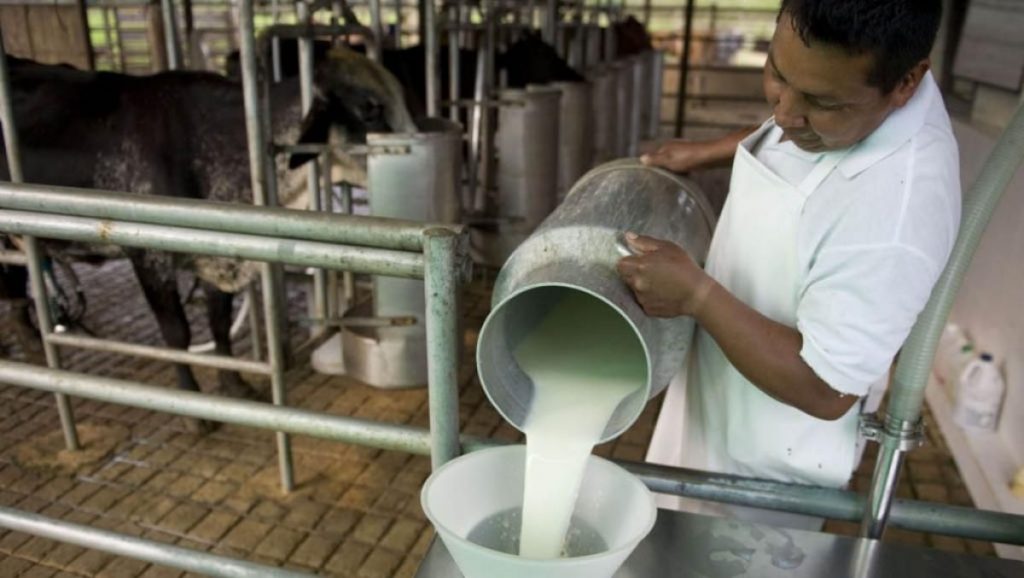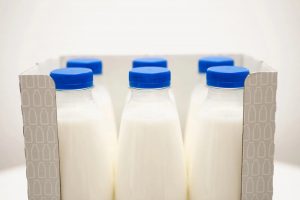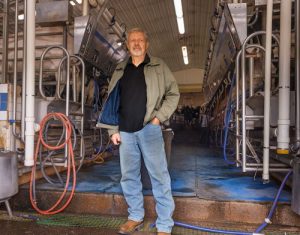
CRA Vice President Gabriel De Raedemaeker explained that the cancellation of meat exports will not bring down the price within the domestic market as Fernández had intended, and he also warned of other conflicts such as the one with milk producers are yet to fully surface should the government stick to its current policies.
The CRA statement highlights that “The Argentine milk producer receives the lowest price in the world for his milk.” And he “produces 30% more than the milk necessary to make all the dairy products that are consumed on the Argentine table.”
And yet, despite all that oversupply, “the retail price of milk went up around 40 per cent in the past four months, way above what salaries did, not to mention the increasing number of people who have lost their sources of income, particularly those with little children who require milk,” an angry consumer in Buenos Aires told MercoPress at a supermarket.
The CRA document goes on: “The Argentine milk producer, to sell his product, lacks a transparent marketing system and arbitrable commercial rules. In addition, he has just learned that an agreement was signed to which, as an indispensable member of the chain, he was not even invited.”
Meanwhile, Javier Linari, a milk producer interviewed by CNN Radio, maintained that the Government should call for dialogue and pointed out that “adding the tax burden, with provincial and municipal taxes, 40% of what is collected” goes to the governments at the different levels. He also complained that this year “dairy products increased by 39% with an inflation of 46%.“ He added that ”with the Nation (Federal Government) and the Province of Buenos Aires we have little dialogue,“ Linari said.
After the Government announced a price agreement with dairy product manufacturers following a meeting where milk producers ”were not invited,“ Linari feared exports might also be closed soon. “You see twists and turns in a government that is divided. The fear is that the agreement will not be respected,” he replied. “Between 2015 and 2020 the dairy chain lost 900 million dollars due to non-investment. There is a chronic problem,” Linari went on.























